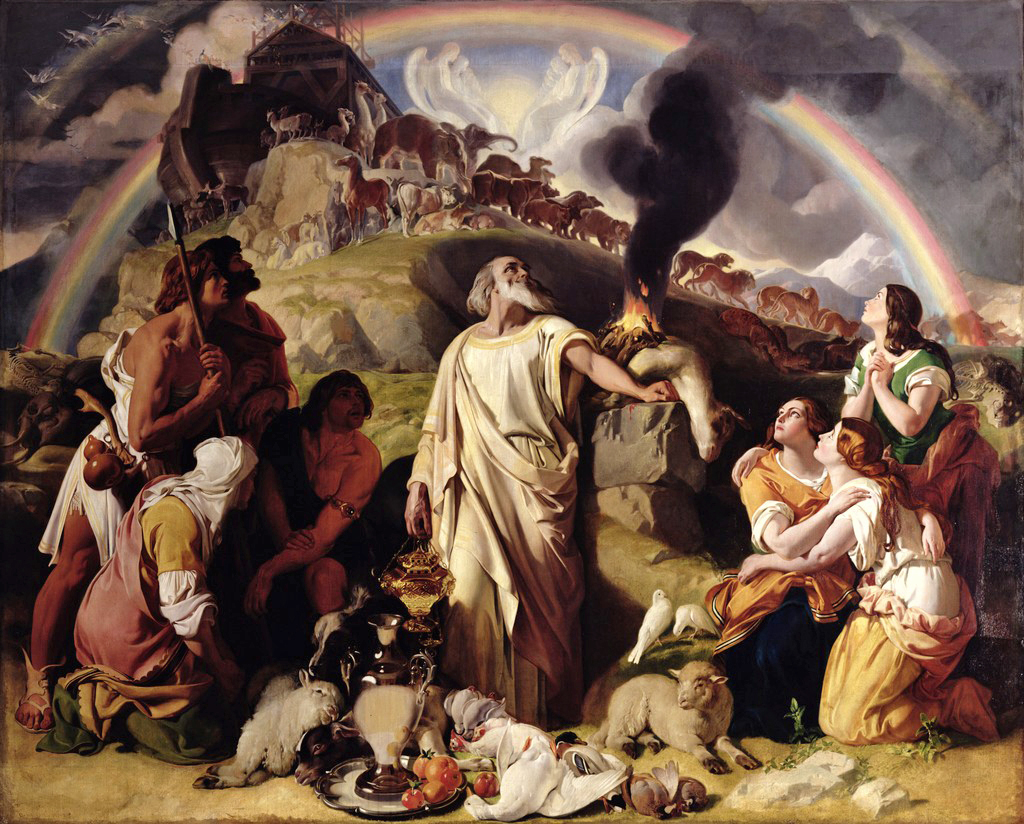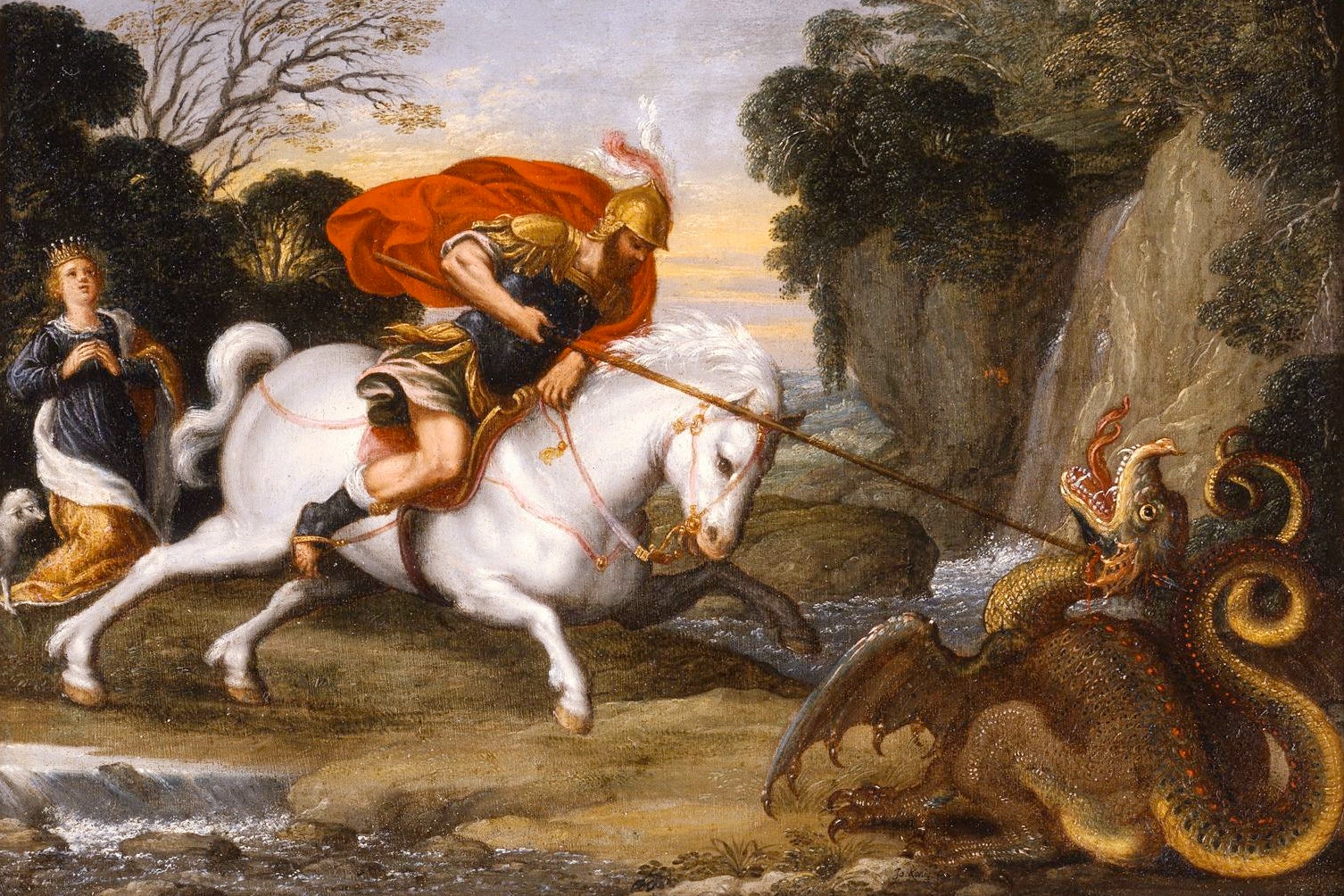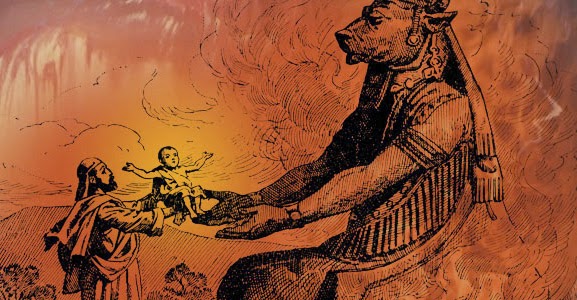Author: admin
-

Translating puns
…an offering made by fire, of a sweet savour unto the LORD. Lev 1:9 This phrase “sweet savour” shows up repeatedly in the first several chapters of Leviticus, variously translated as “sweet aroma”, “pleasing aroma”, “soothing aroma”, “pleasing odor”, “sweet fragrance”, etc. In the Hebrew, it is reach nichoach (pronounced rey’-akh nee-kho’-akh—the kh is like the ch in […]
-

Mother’s Day
For my wife Mother of my sons: you from roundy womb’s embrace send dragon slayers
-

Morning Haiku
Lightest breath of wind; Light inches down mountain face. Crisp winter morning.
-

Frame Narrative
Jason Farley gave a talk recently on frame narrative, using The Princess Bride as an example. The story of Wesley and Buttercup is set within the frame, the encompassing context, of the Grandfather and his Grandson. At the beginning, the boy doesn’t understand the Grandfather’s signs of affection, but moans—he’ll pinch my cheek—and reluctantly agrees […]
-

Tyrant and Idol
I was recently listening to a discussion on the book of Exodus, and one of the key themes that emerged was tyranny, oppression, and slavery, and the willingness and need to stand up against it. Naturally, this is relevant today. The thought occurred to me as I was listening that throughout the biblical narrative tyranny […]
-
Bear the Name
Thou shalt not take the name of Yahweh thy God in vain. Ex 20:7 Who are the elect? or, rather, to what are they elected? From the beginning, God has made distinctions; he has chosen some and not others. Eve and her seed are chosen over the serpent and his. Seth was chosen, appointed, as […]
-
Sheep and Goats
Matthew [23] records Jesus’ lamentation over Jerusalem, “how often would I have gathered you together as a hen gathers her chicks under her wing, but you would not. See, your house is left to you desolate.” Pointing to the temple buildings, he said, “not one stone will be left upon another that will not be […]
-
Dying You Shall Die
A question arises: is the death that follows the eating of the fruit of the Tree of the Knowledge of Good and Evil a penalty? The language used in the law—he shall surely be put to death, or the like—is not used here. The same emphatic verb doubling is used but the form of the […]
-
Wages of Sin
It is interesting that Paul calls death the wage, the earned payment, of sin, not the penalty. Sin as master pays death as the wage to those who work for it, who serve it. An eye-opening metaphor. We gain death incrementally—what we accrue as we work in, for, and to sin is death. The lusts […]
-
The Tree of the Knowledge of Good and Evil
One fatal tree there stands, of knowledge called,Forbidden them to taste: Knowledge forbiddenSuspicious, reasonless. Why should their LordEnvy them that? Can it be sin to know?Can it be death? Paradise Lost, Book IV Adam was given only one rule or commandment regarding food: he may eat fruit of any of the trees of the garden, […]